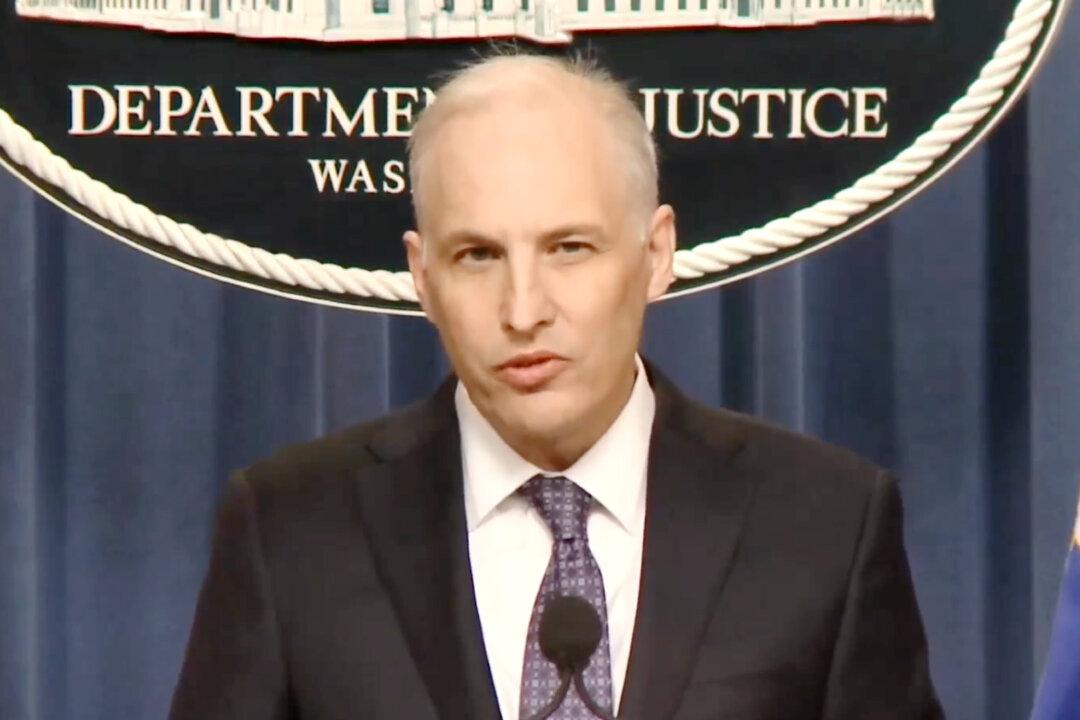The Chinese Communist Party (CCP) apparently wasn’t happy that a sculpture criticizing its leader Xi Jinping was on display in the United States, so the regime’s agents went to work. They hired a private investigator in New York and a former correctional officer in Florida in a conspiracy to try to shame and discredit the sculpture’s artist.
That’s according to federal prosecutors who unveiled the alleged scheme earlier this week, describing the efforts as part of the communist regime’s wider campaign to spy on, harass, and intimidate Chinese dissidents abroad.





